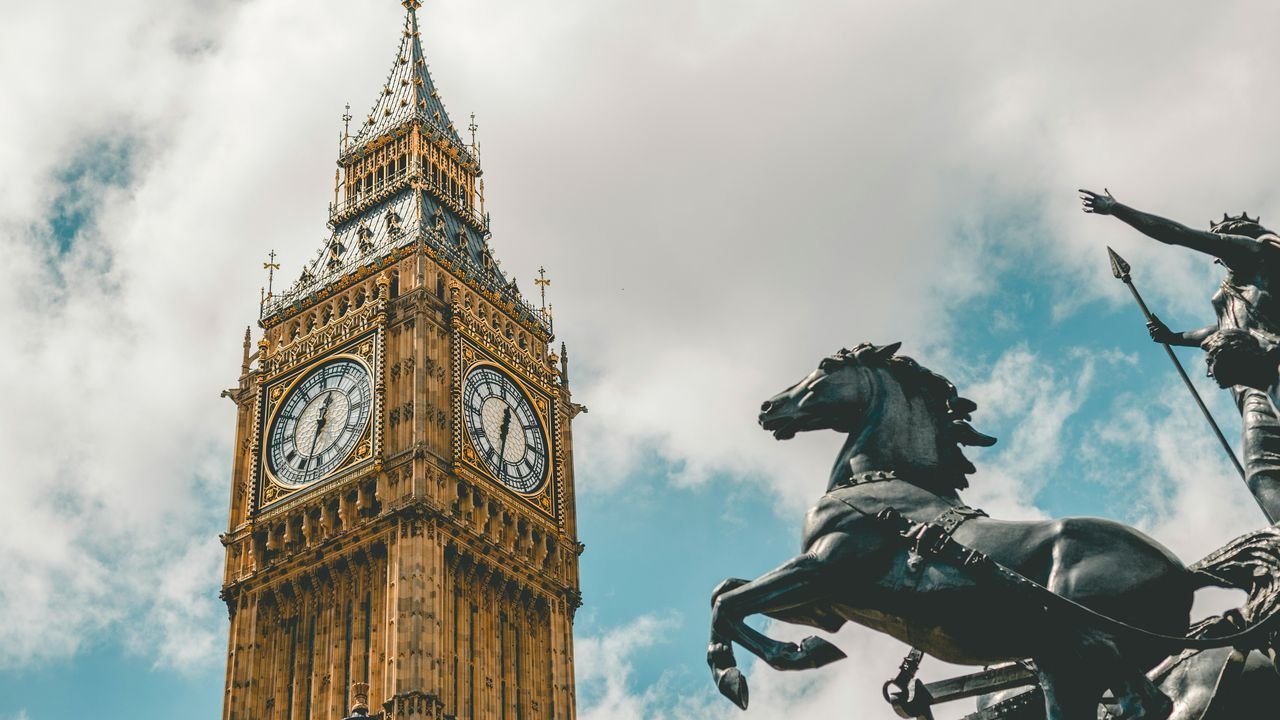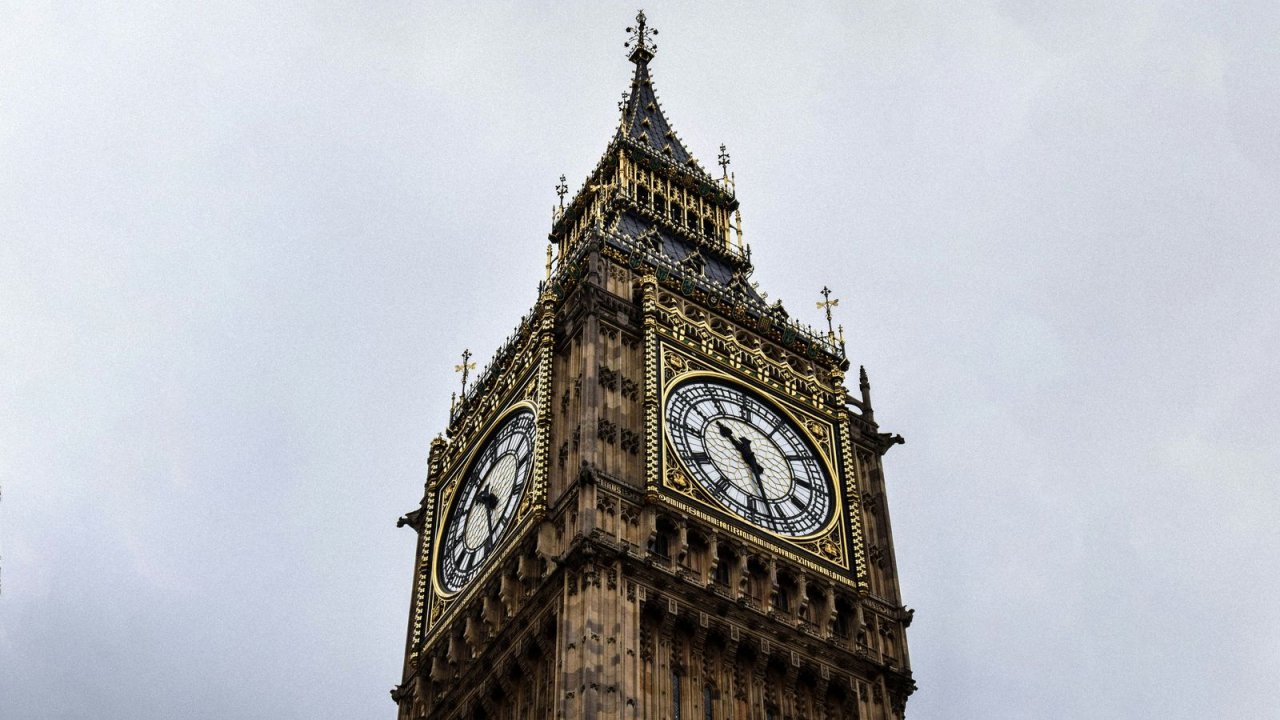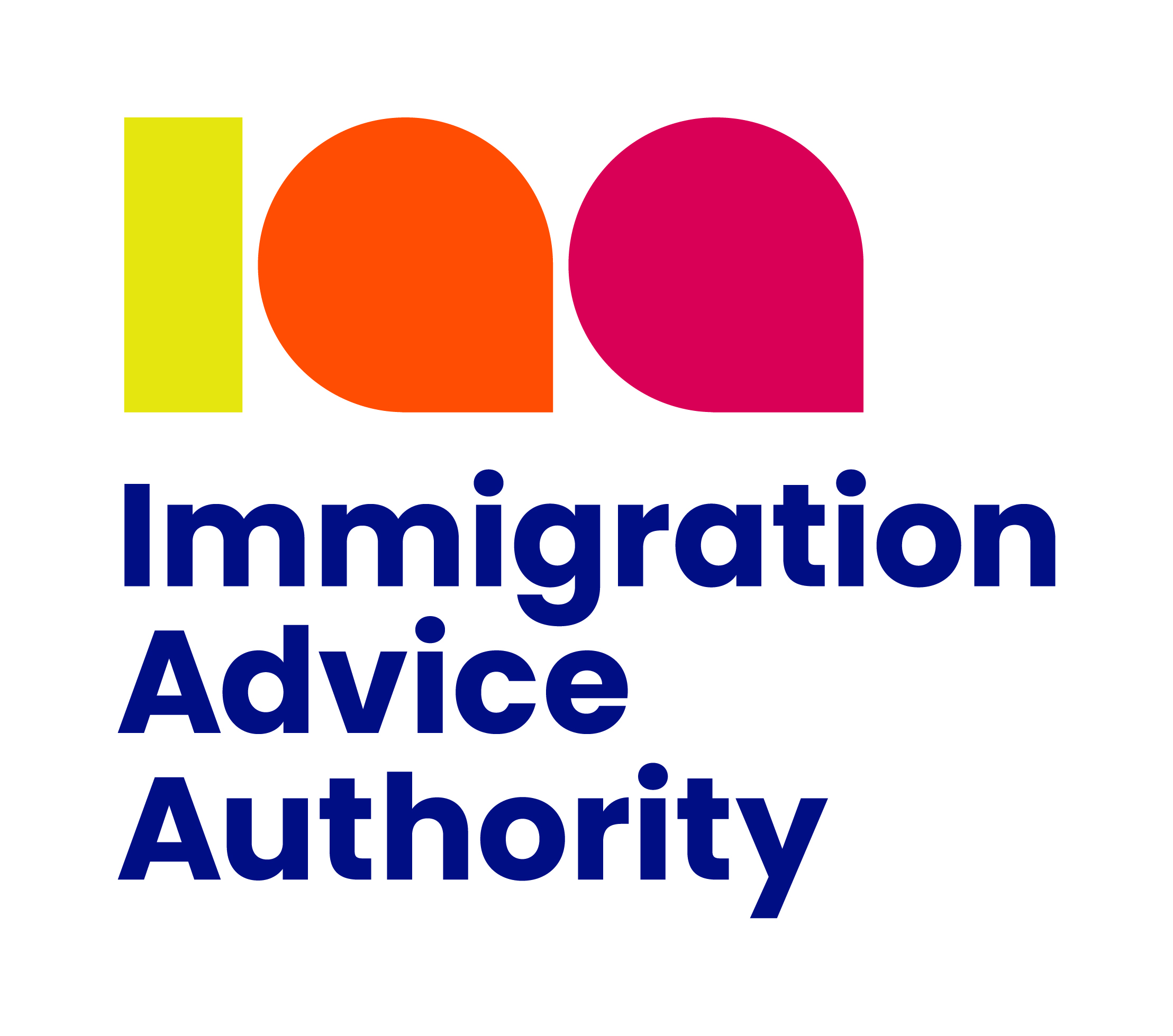
UK visa appeal process
UK visa appeal process
The UK visa appeal process is a legal avenue that allows applicants to challenge a refusal decision made by the Home Office. If successful, this process can overturn the refusal, granting the UK visa type you applied for.
However, not every refusal comes with the right to appeal. Your refusal letter will clearly state if you’re eligible to appeal. For those who aren’t, other options like administrative review or reapplication may be more appropriate.
This Global Law guide breaks down each step in detail to help you understand how to challenge a UK visa refusal effectively.
Step-by-step guide to the UK visa appeal process
Check if you can appeal.
Submit your appeal.
Decide on a hearing or paper review.
Pay the UK visa appeal fee.
Wait for the decision.
Step 1: Check if you can appeal
The first step is to confirm whether you’re allowed to appeal. You have the right to appeal in cases involving:
Human rights claims
Protection claims (asylum or humanitarian protection)
EU Settlement Scheme applications
Deprivation of citizenship
If your UK visa refusal does not mention a right to appeal, you might need to consider reapplying or requesting an administrative review instead.

If you’re unsure, it’s a good idea to ask an immigration advisor or solicitor for help.
Step 2: Submit your UK visa appeal
If you have the right to appeal, you must submit it before the deadline:
14 days if you are in the UK when you get the refusal letter.
28 days if you are outside the UK.
If you miss the deadline, you’ll need to explain why in your application. The tribunal (court) will decide whether to accept it.
How to submit the appeal:
Online submission: The quickest way is to use the MyHMCTS service, an online platform. You’ll need your Home Office reference number and any documents to support your appeal.
By post or email: If you cannot use the online platform, you can send your appeal by post or email. Use forms like IAFT-5 for immigration cases or IAFT-6 for asylum cases.
Make sure you attach all the necessary documents when submitting your appeal.
Step 3: Decide on a hearing or paper review
After submitting your appeal, you’ll choose how the tribunal reviews your case:
Oral Hearing:
You or your lawyer can present your case in front of a judge.
The hearing is usually public, but you can request a private hearing for safety or confidentiality.
You can also attend via video link if you can’t appear in person.
Paper Review:
The judge will decide based only on the documents and written appeal you submitted. There’s no need to attend in person.
Which option is better?
Oral hearings allow you to explain your case in detail and answer questions from the judge. If your case is straightforward, a paper review might be enough.

Step 4: Pay the appeal fee
You’ll need to pay a fee when submitting your appeal:
£80 for a paper review.
£140 for an oral hearing.
You can pay online when submitting your appeal or include payment details if applying by post.
Some people may qualify for legal aid or a fee waiver based on their financial situation. You can check with the tribunal or an advisor to see if you’re eligible.
Step 5: Wait for the decision
After you submit your appeal, the tribunal will review your case. This part of the process can take several months, depending on how complex your case is and how busy the tribunal is.
Oral hearings: These can take longer to schedule because they require a specific date and time.
Decision timeline: After the hearing or paper review, the tribunal usually takes a few weeks to issue a decision.
If your appeal is successful, your visa will be approved, and you can continue with your plans.
If your appeal is unsuccessful, you’ll receive a letter explaining the reasons. You might still have options to reapply or request further review.
How long does the UK visa appeal process take?
The total duration varies based on the case complexity and tribunal workload. Here’s a general timeline:
Filing the appeal: Up to 28 days after refusal
Processing and scheduling: 2–6 months, depending on tribunal schedules
Decision after hearing: 2–8 weeks after the hearing

The UK visa processing time can range from a few months to over a year. Staying informed and keeping in touch with your legal advisor will help you manage your expectations.
Common reasons for UK visa refusal
Understanding why your visa was refused is key to a successful appeal. Common reasons include:
Missing or incomplete documents
Insufficient evidence to meet visa requirements
Providing incorrect or inconsistent information
Failure to demonstrate sufficient financial means
Correcting these issues in your appeal or subsequent application increases your chances of success.
What is the success rate of the UK visa appeal?
The success rate for UK visa appeals varies, but data from the Ministry of Justice for July to September 2023 shows that 47% of the 6,700 cases reviewed during this period were allowed or granted. This includes:
46% of asylum/protection cases.
51% of human rights cases.
44% of European Economic Area (EEA) Free Movement appeals.
On average, applicants have a 35-50% chance of success when appealing a UK visa refusal. However, the likelihood of success depends on factors like the quality of the initial application, the reasons for refusal, and the strength of the evidence provided during the appeal process.
- Posted on: 28.12.2024
- By: Eray Eliacik
About the author

Eray Eliacik
Eray is a seasoned writer and passionate traveler who has explored over 20 countries. With firsthand experience navigating visas and international travel, and a proven track record with reputable platforms like Dataconomy and Softonic, Eray now makes it easier for travelers to achieve their travel goals.
Related Articles

UK BRP & the shift to eVisa
January 24th, 2025
Learn about the UK BRP card & its transition to the new eVisa system. Is it a UK travel document? Keep reading and learn everything you need to know.

UK visa types
December 25th, 2024
Explore the main UK visa types for tourism, work, study, family, or settlement.

UK visa processing times
December 27th, 2024
Understand UK visa processing times by category, causes of delays, and fast-tracking options.


